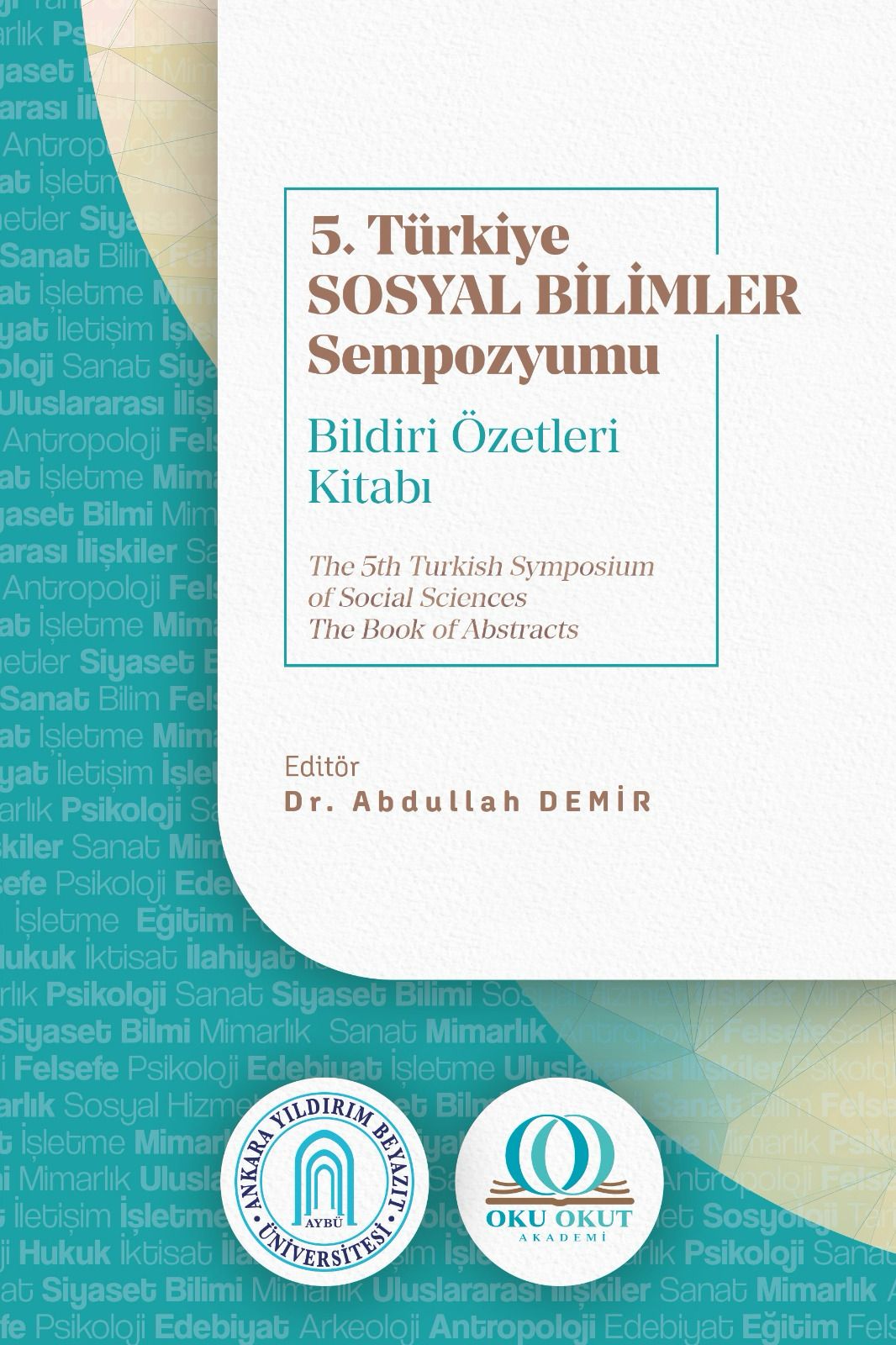An Evaluation of Logic School Texts in Turkey
Türkiye’deki Mantık Ders Kitaplarına Yönelik Değerlendirme
In the classical classification of sciences, logic is considered an instrumental science (ʿilm al-āla), serving as a preparatory discipline for other fields of knowledge. Since its establishment by Aristotle (d. 322 BC), numerous works have been composed for the systematization and transmission of the discipline of logic. The binary logic system based on Aristotle’s logical corpus and grounded in the true-false dichotomy became prominent in Islamic thought particularly through the Peripatetic tradition from 10th century onward. Within this framework, the fundamental problems of logic were discussed and developed across various schools and periods. Throughout various centuries and schools, key logical problems were discussed and developed, and several of the resulting works have survived to the present day. Based on these texts, scholarly efforts to construct a history and philosophy of logic continue. Among these efforts are not only academic studies but also textbooks intended for instructional use. Today, logic is offered as an elective course in secondary education within the framework of compulsory education, allotted two hours per week. Between 1924 and 2009, a total of seven curriculum programs were implemented for this course. To support these programs, logic textbooks were authored by both academics and schoolteachers. This study examines logic textbooks published in Turkey between 1945 and 2024 in terms of content and structure, using a qualitative content analysis method. The study aims to reveal how shifts in educational policy during this period were reflected in the teaching of logic. Accordingly, twelve textbooks published by the Ministry of National Education and various private publishers were analyzed, with attention paid to the political, pedagogical, and philosophical orientations of the respective periods in which they were written. In addition, the study evaluates the alignment between the logic textbook currently in use as of 2024 and the objectives and learning outcomes of the most recent national education model (the “Maarif” model). Ultimately, this research offers a comprehensive picture of the historical trajectory of logic education within the framework of compulsory education in Turkey and situates the transformations observed in a broader pedagogical and theoretical context.
Klasik bilimler tasnifinde “alet ilmi” olarak kabul edilen mantık, bilimlere hazırlık mahiyetinde kabul edilen bir disiplindir. Aristoteles (öl. MÖ 322) tarafından kurulduğu günden bu yana mantık disiplininin tedvini için çeşitli metinler telif edilmiş ve sistematik bir hale getirilmiştir. Aristoteles’in mantık külliyatına dayanan ve doğru-yanlış ikiliği esas alan çift değerli mantık sistemi, İslam düşüncesinde özellikle Meşşâî gelenek aracılığıyla 10. yüzyıldan itibaren varlık göstermiş; bu sistem çerçevesinde farklı okullarda çeşitli dönemlerde mantığın temel problemleri tartışılmış ve geliştirilmiştir. Bir kısmı günümüze ulaşan bu eserler üzerinden mantık tarihi ve felsefesi oluşturma çalışmaları devam etmektedir. Bu çalışmaların içerisinde akademik metinlerin yanı sıra ders kitapları da yer almaktadır. Günümüzde zorunlu eğitim dahilinde orta öğretim seviyesinde seçmeli ders kategorisinde haftada iki ders saati olarak yer alan “Mantık” dersi, için 1924-2009 tarihleri arasında toplam yedi öğretim programı oluşturulmuş ve uygulanmıştır. Bu programlarda kaynak olarak kullanılmak üzere akademisyenler ve öğretmenler tarafından mantık ders kitapları kaleme alınmıştır. Bu çalışmada 1945-2024 yılları arasında Türkiye’de yayımlanmış orta öğretim düzeyindeki mantık ders kitapları içerik ve yapı bakımından nitel içerik analizi yöntemiyle incelenmiş, eğitim politikalarındaki değişimlerin mantık öğretimine nasıl yansıdığı sunulmuştur. Bu doğrultuda, Milli Eğitim Bakanlığı ve bazı özel yayınevleri tarafından yayımlanmış toplam on iki ders kitabı üzerinden, kitapların telif edildikleri yıllar dikkate alınarak bahsi geçen dönemlerin eğitim politikaları, pedagojik yaklaşımları ve felsefi yönelimleri ile ilişkileri değerlendirilmiştir. Çalışmada ayrıca 2024 yılı itibariyle kullanılan mantık ders kitabı ile maarif eğitim modelinin hedef ve kazanımları arasındaki amaç, kazanım ve içerik düzeyindeki uyum ele alınmıştır. Böylece Türkiye’de zorunlu eğitim kapsamındaki mantık eğitiminin tarihsel seyrine ilişkin bütüncül bir tablo sunularak bu alandaki dönüşümün arka planı pedagojik ve kuramsal bir bağlamda tartışılmıştır.

Telif Hakkı (c) 2025 Firdevs Seyna Yıldırım (Yazar)
Bu çalışma Creative Commons Attribution-NonCommercial 4.0 International License ile lisanslanmıştır.
CC BY-NC 4.0 lisansı, eserin ticari kullanım dışında, her türlü ortam ve formatta paylaşılmasına, kopyalanmasına, çoğaltılmasına ve orijinal esere uygun şekilde atıfta bulunmak kaydıyla yeniden düzenlenmesine, dönüştürülmesine ve eser üzerine inşa edilmesine izin verir.
Makale Bilgileri
- Konu Felsefe - Mantık
- Gönderim 4 Temmuz 2025
- Kabul 31 Temmuz 2025
- Yayım 29 Kasım 2025
- Sayı 5. Türkiye Sosyal Bilimler Sempozyumu
- Bildiri Bilim Alanı Felsefe - Mantık
Yıldırım, Firdevs Seyna. “Türkiye’deki Mantık Ders Kitaplarına Yönelik Değerlendirme”. Türkiye Sosyal Bilimler Sempozyumu 5 (November 29, 2025). https://doi.org/10.55709/tsbsdergisi.687






